
Advancing Care Through Research
At St. Luke’s, clinical research connects people to new possibilities. Every study helps improve care for our patients, our neighbors, and people everywhere.

Advancing Care Through Research
At St. Luke’s, clinical research connects people to new possibilities. Every study helps improve care for our patients, our neighbors, and people everywhere.
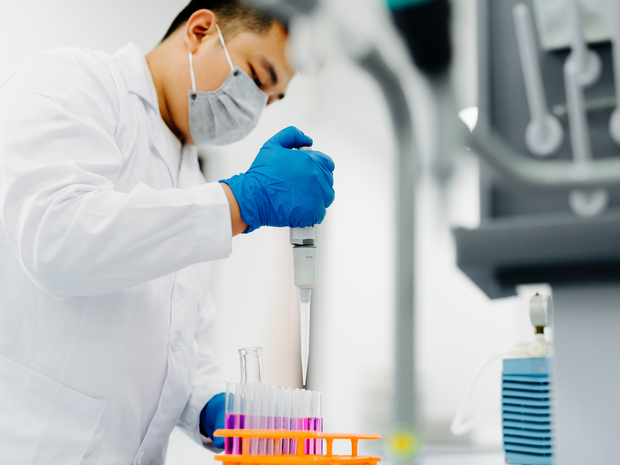
Ensuring Access to Innovation
Clinical research helps us better understand health conditions and bring new treatments and technologies to the people we serve. At St. Luke’s, we work with trusted medical and pharmaceutical partners to test new drugs, devices, and approaches to care.
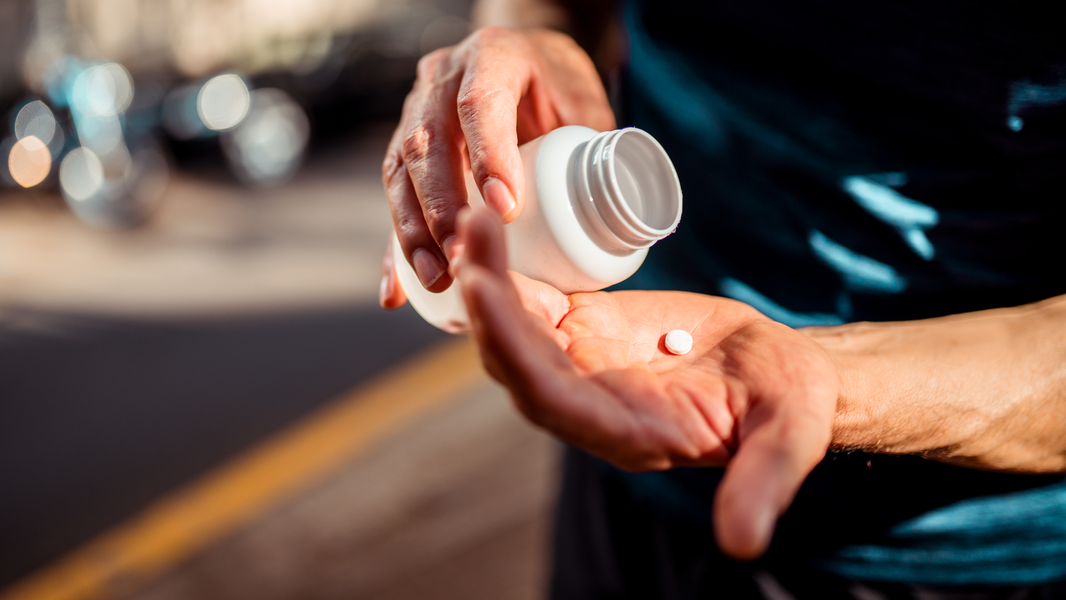
Why Clinical Trials Matter
Your Participation Has a Lasting Impact
When you join a clinical trial, you help researchers find safer, more effective ways to treat illness and improve quality of life. Clinical trials follow strict safety guidelines and offer access to new treatments while supporting the future of care for others.
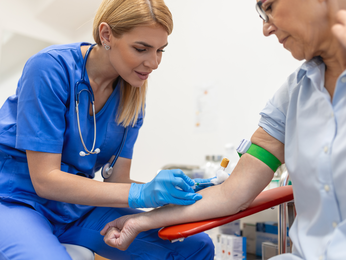
Advance Medicine
Help bring new treatments to life and support progress in how we care for people everywhere.
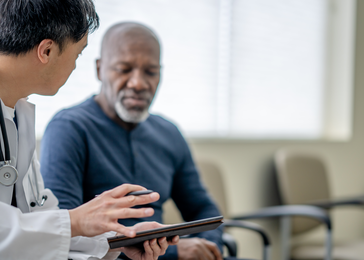
Access to New Options
Gain early access to cutting-edge therapies or medical devices that may not be widely available.
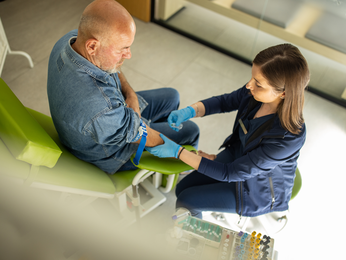
Guided by Safety Standards
Participate in studies that follow rigorous safety standards and are reviewed by medical experts.
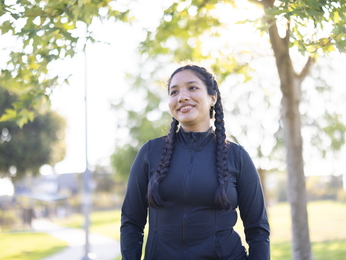
Support Your Community
What we learn here helps patients in our region and beyond live healthier, fuller lives.


